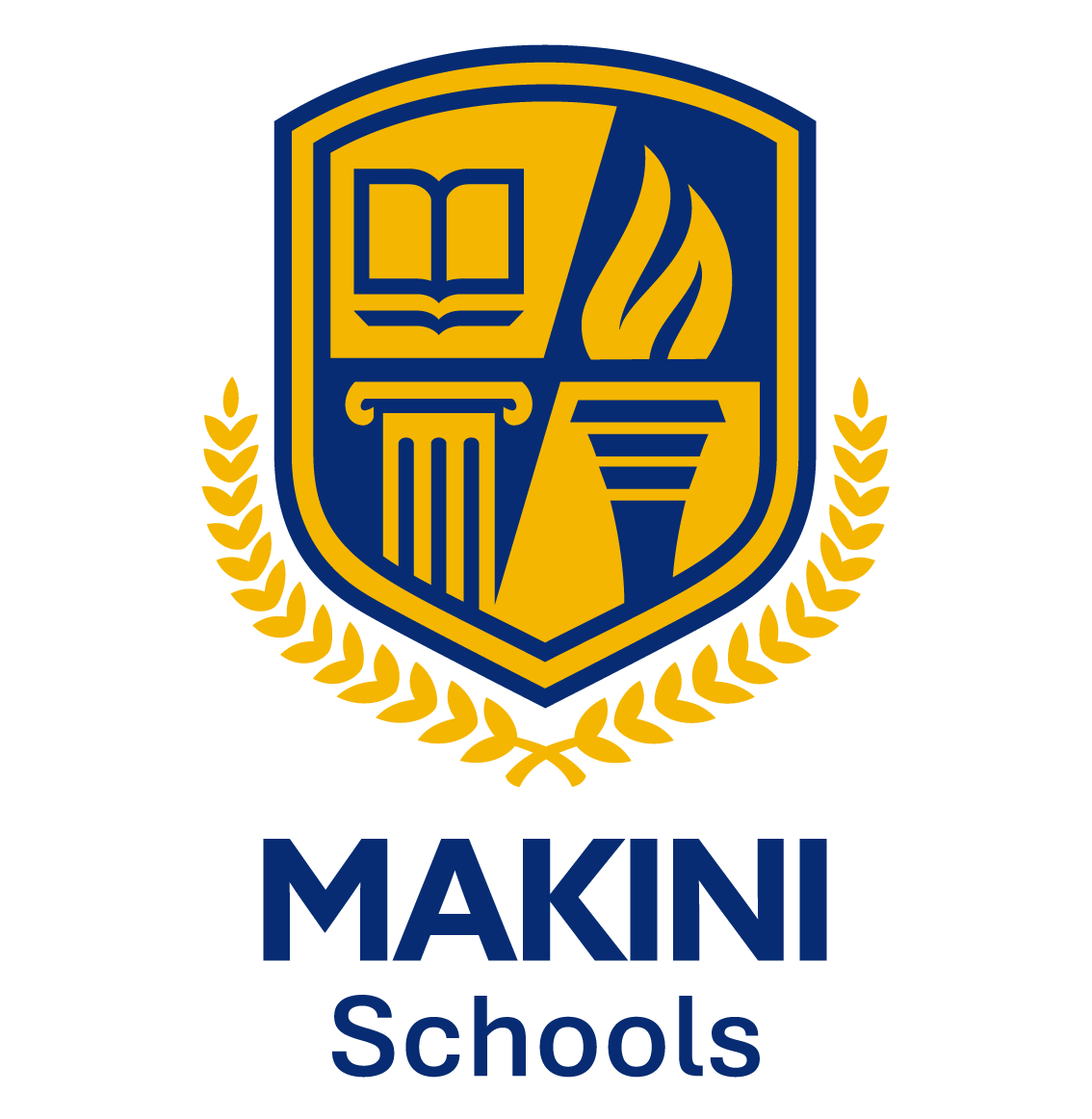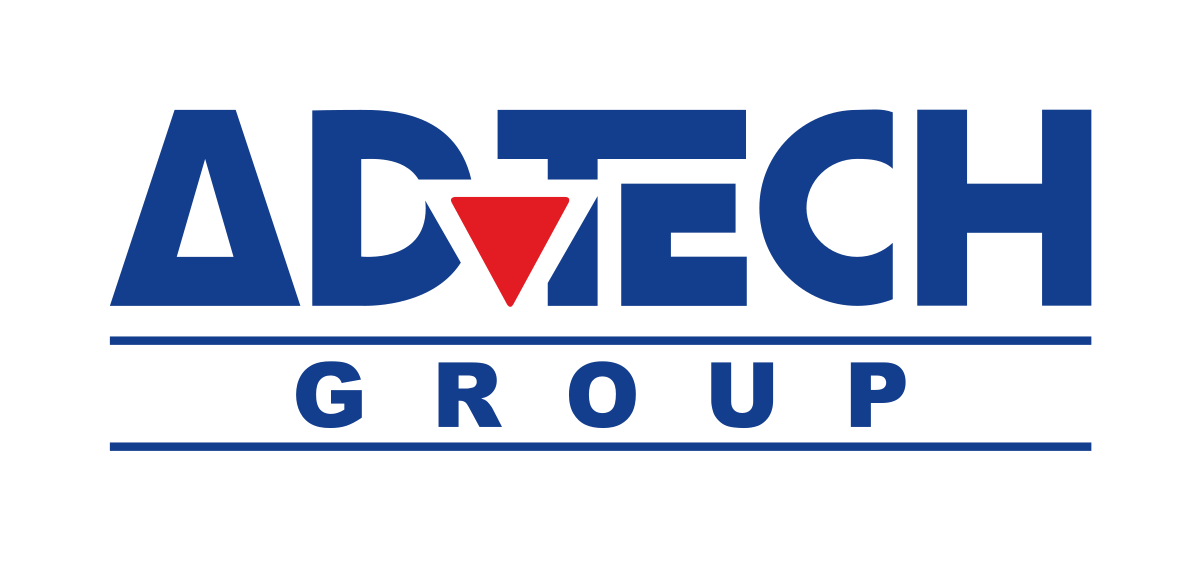Coding for kids: rewiring early education for the digital age
Integrating coding into the early education years of South African students must be flagged as urgent rather than optional – a fact that was made abundantly clear at a recent global EdTech conference, education experts say.
“Coding is not just about training the next generation of programmers or preparing students for tech careers, it’s about equipping students with the tools to think critically, create boldly, and collaborate effectively in a world shaped by technology,” says Dr Mario Landman, Head of Education Technology and Innovation at ADvTECH, Africa’s leading private education provider.
Landman’s comments come in the wake of ADvTECH’s attendance at the BETT EdTech conference in London, a leading global education technology event which provides best practice insights into the evolving landscape of education and the strategic importance of technology integration.
Darren Purdon, Academic Project Manager at ADvTECH, says visits to leading UK schools during the conference demonstrated innovative approaches to technology integration, including coding programmes for young learners and the development of bespoke educational software.
“What is clear is that South Africa lags too far behind the rest of the world in integrating coding from an early age. While some leading SA private schools are on par or even ahead of their global peers, the vast majority of students in the public and even private education sector are not being exposed to the fundamentals that will set them up for success.”
Landman explains that while it is understandable that within the context of resource and other constraints, students may not have access to the necessary technology, it is also true that the principles of coding can be taught and developed notwithstanding.
WHY CODING IS ESSENTIAL
As AI continues to rise, becoming ever more capable of routine coding tasks, the question might arise - why bother?
“Integrating coding into curricula remains crucial because it fosters computational thinking, a universal skill set that transcends programming,” Landman says.
“Coding teaches children how to break down complex problems, think logically, and design solutions systematically - skills that are vital in an AI-driven world where understanding and shaping technology is key. Beyond technical proficiency, coding cultivates creativity and collaboration as kids experiment, iterate, and work together on projects. These abilities prepare them not just to use AI tools but to innovate, adapt, and critically engage with technology.”
This is essentially the answer to the question – will AI take my job in the future?
“Developing a coder’s mindset ensures that students thrive in a future where human ingenuity complements AI advancements,” Landman points out.
“By introducing coding basics from a young age, schools can harness children’s potential and build a foundation for lifelong learning.”
GET CODING – REGARDLESS OF RESOURCES
Landman says ADvTECH Schools have EdTech frameworks and supporting resources across all schools, with global best practice at their foundation, which ensures consistent, superior student outcomes, in particular with the recent integration of AI-driven and personalised learning tools.
However, even in resource-constrained environments, innovative approaches and partnerships can make coding education accessible, he says.
“As governments, educators, and communities prioritise digital literacy, the question is not whether coding should be part of education, but rather how quickly we can make it a reality for every child.”
Many schools, particularly in underserved areas, face challenges in implementing coding education due to limited access to computers, software, or trained educators. However, innovative approaches can bridge this gap:
- Unplugged activities, such as using paper-based puzzles to teach algorithms or role-playing as “robots” to understand programming logic, require no technology and can be just as effective for introducing computational thinking. For instance, the CS Unplugged initiative has been adopted in over 50 countries, reaching schools with minimal resources.
- Low-cost tools like Scratch, a free block-based coding platform, can run on older computers or even tablets, making it accessible for schools with limited budgets.
- Partnerships with nonprofits such as code.org provide free curricula and training for teachers, reducing the need for specialised staff.
- For schools with intermittent internet access, offline coding tools like CodeMonkey’s downloadable lessons or Raspberry Pi kits offer affordable solutions.
“Teachers can also integrate coding into existing subjects, such as using data analysis in math or storytelling in language arts, to make it a natural part of the curriculum. Short, focused training sessions can empower teachers to guide students, even if they lack a computer science background,” Landman says.
He says introducing coding in the early years is not about funneling every child into a tech career, but about equipping everyone with the basic tools to thrive in a digital future.
“By learning to code, students become exposed to the language their future peers will speak, even if they don’t yet become fluent due to limited resources. By seamlessly integrating coding into early education, whether through high-tech platforms or resource-light unplugged activities, schools can empower every student passing through their doors.”
ADvTECH Updates











